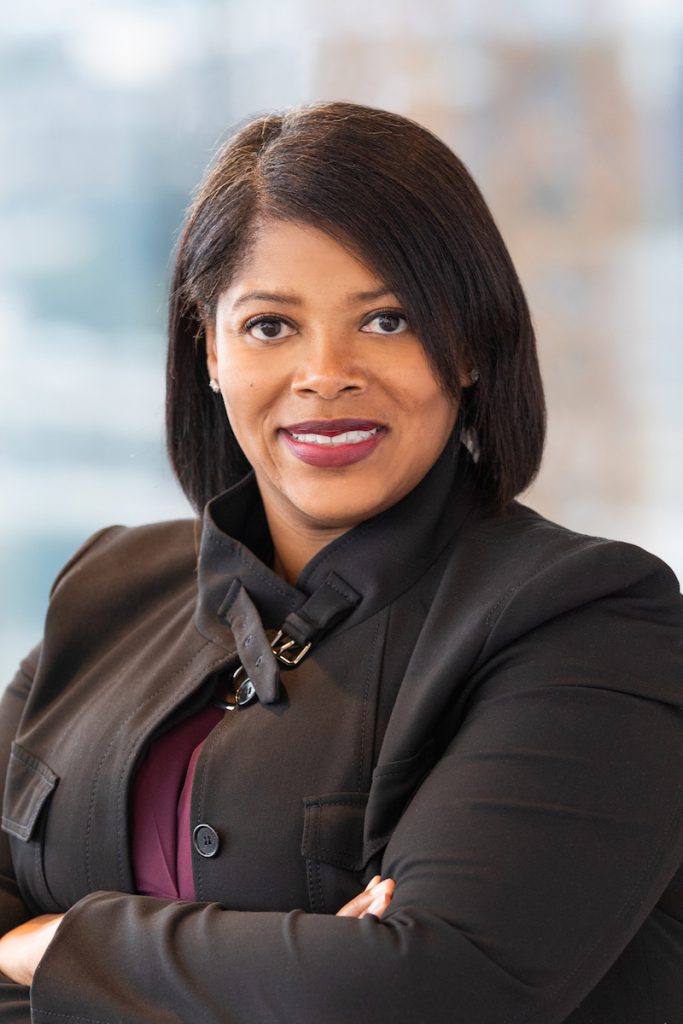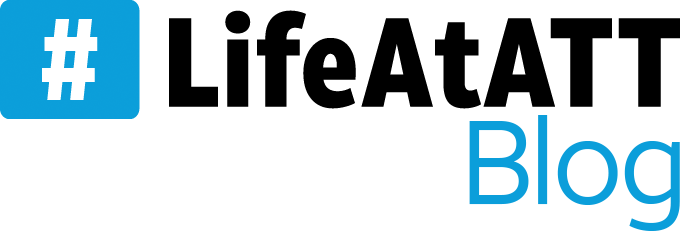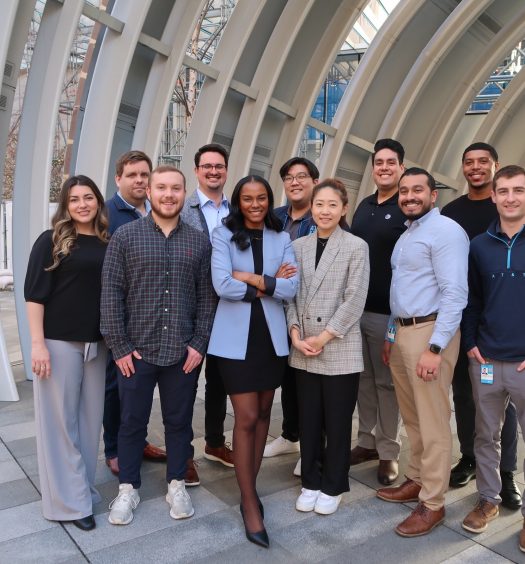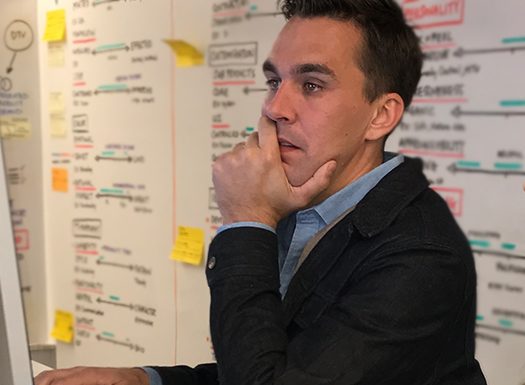 A technologist at heart, Shay Phillips has seen a successful career with #LifeAtATT where innovation has been front and center since day one. She’s passionate about helping women professionals advance their careers by guiding them as a mentor and has earned a reputation for successfully delivering on services that our customers and employees rely on.
A technologist at heart, Shay Phillips has seen a successful career with #LifeAtATT where innovation has been front and center since day one. She’s passionate about helping women professionals advance their careers by guiding them as a mentor and has earned a reputation for successfully delivering on services that our customers and employees rely on.
We sat down with Shay to talk about working in STEM, building a strong foundation, and how a willingness to tackle complex problems launched her career.
At what point did you know you would work within STEM?
Almost immediately. When I first came out of training as a Service Representative, a huge system conversion was causing a number of customer challenges. I generally understood how the backend of the system operated and volunteered to help my peers. That led me to helping the support team fix errors – it was one of those things that was intuitive for me – to help customers and peers struggling with new technology.
Afterwards I was viewed as someone who was good at that technical work and was asked to consolidate support functions into one trackable place. Ultimately, I helped build one of the first order error tracking tools for the company.
For me it started very early on. It comes from my STEM foundation that started in elementary school when I competed in the State Science Fair.
What inspired you to pursue that STEM career?
My career in STEM has fed my passion for the following areas:
- Fostering an environment that promotes risk taking and questioning the status quo.
- Using my personal journey to help women and minority leaders understand how they can chart their path to leadership and success.
Even though I started my career without a college degree, it didn’t slow me down. I have built my reputation on solving complex problems in new and innovative ways in order to transform the experience of my internal and external clients.
Moreover, it’s rewarding to know the work we’re doing has a direct impact on our customer experience.
Mentoring plays a big role in your career. How has mentoring evolved within AT&T?
When I mentor people, I tell them every opportunity of mine has come from relationships. As my career has evolved, understanding what relationships are valuable and knowing who to go to, what to ask for – that has become more important.
Fortunately, finding a mentor has become easier over the past couple of years. Now you can leverage employee groups; I lead mentoring circles with the Women of AT&T and Women of Technology.
Leadership is also more open to mentorship and our culture is primed for this idea of sponsorship, advocacy, and building connections you may not have in the normal day-to-day job.
What are common topics within your mentoring sessions?
Most people are interested in how they can advance their career and want to know how to move between roles. They’re curious about maneuvering in those situations. When I mentor folks I create a curriculum, but I also encourage mentees to put together a career strategy. We try to focus on things like asking for what you want, setting clear goals and negotiating salary.
I also encourage them to bring their best every day. If you’re not doing your best work, why expect someone to advocate for you? It’s not just about bringing yourself into relationships but bringing your best self, since you’re asking mentors to bring their best as well.
What are “blind spots” the corporate world needs to address to further progress?
From my experience, and other women of color, I think career advancement is a big challenge. It appears that the criteria for us to advance is far greater than some of our peers. It can be difficult feeling you have to keep saying “I already did that” when people say you need more experience.
There’s also the challenge of confidence. Studies show that women will only apply for a job if they check all the boxes. Men look at it differently. We have to go for those big opportunities even if we don’t check every box. Every new role I go into, I like to have a 40-50 percent stretch. Half of the things I know so I can bring good results quickly. The other half? It’s an opportunity to grow.
In one of my recent mentoring sessions I coined this phrase, “Forget fear of failure, you need fear of missing out.” We don’t talk about FOMO as it relates to work, and it leads to an unwillingness to take risks.
What advice do you have for women technologists hesitant about pursuing STEM because they’re entering a male-dominated arena?
If you’re struggling on an all-male team, I’d recommend first identifying why and assessing the actions you can take to address the situation.
For example, if you feel you are being overlooked for opportunities, take ownership of the situation. Don’t be afraid to ask for what you want, pointing to your capabilities and great results to back it up. Women have endless potential, and the more we acknowledge it, the more people – women and men alike – will start to believe it.
The less emphasis you put on being a woman in a man’s world, the less of a man’s world it will become. So rather than hesitating to do something because it’s male-dominated, try jumping into something because it’s male-dominated.
Apply Today



